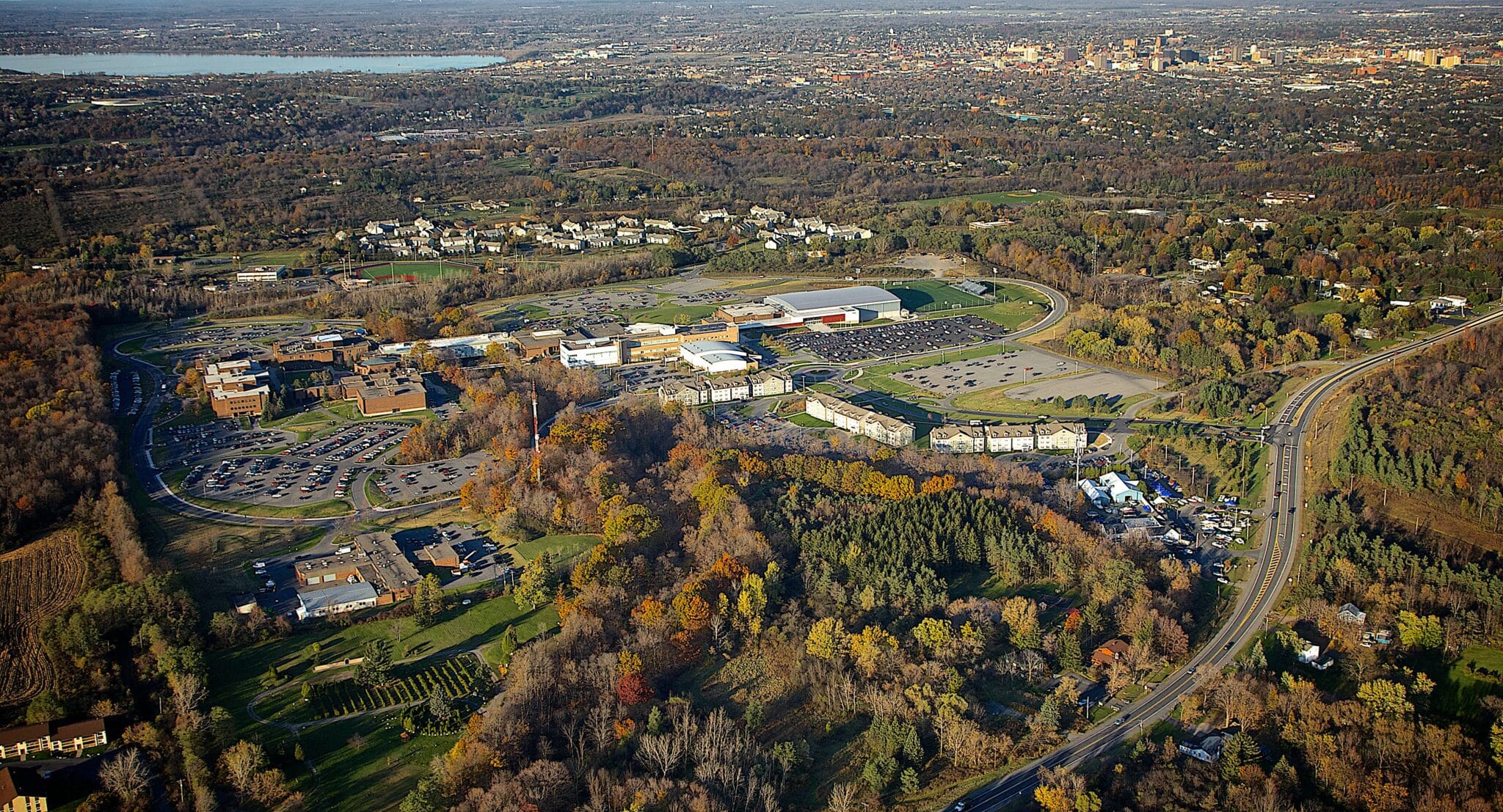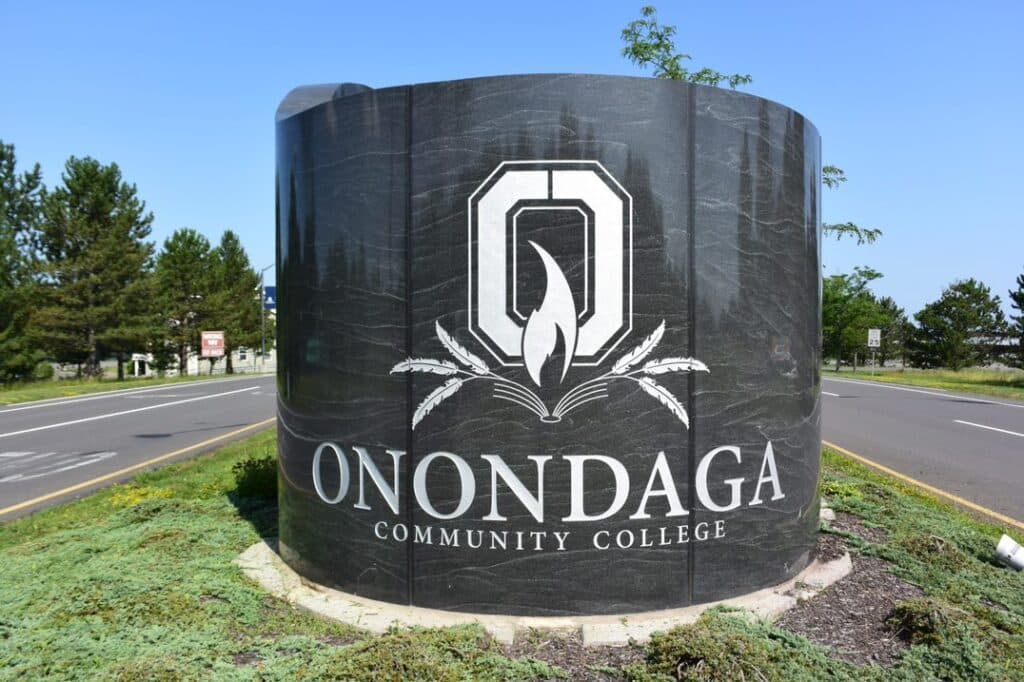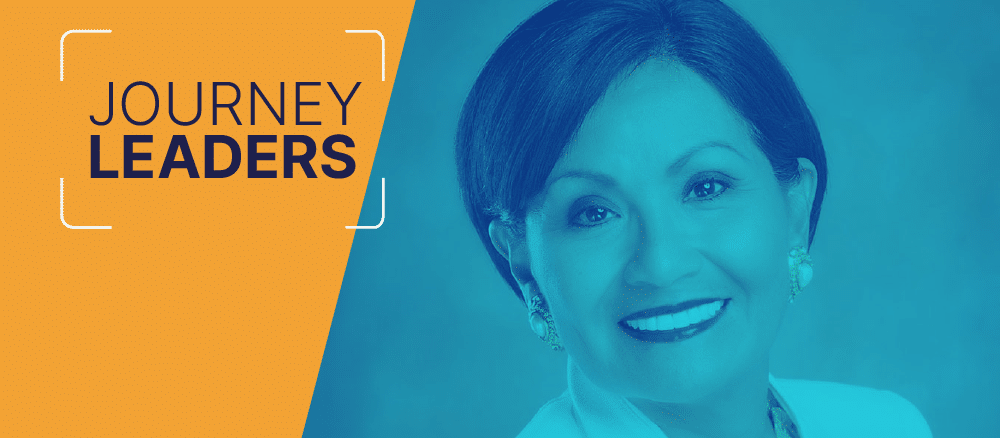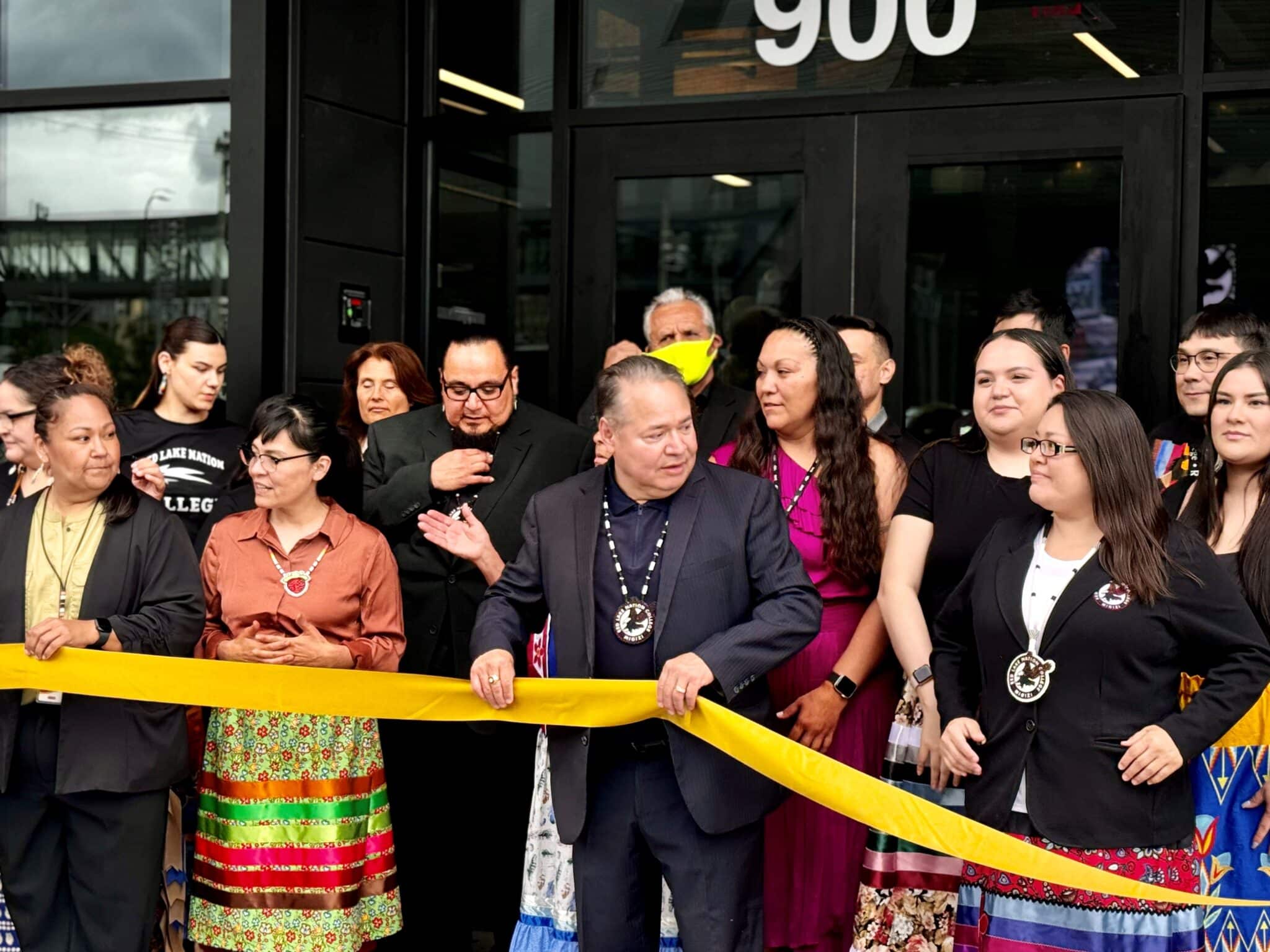Since January 2022, Achieving the Dream has worked with 20 colleges across the country to improve access, persistence, and success for adult learners. The Prioritizing Adult Community College Enrollment (PACCE) initiative is designed to address systemic enrollment challenges by focusing on the more than 30% of community college students who are 25 and older — particularly Black and Latinx students.
But to equitably support adult learners, colleges must also prioritize students who are parenting. There are about four million parents enrolled in higher education today; more than half of them have preschool-age children, and most are mothers, who are 1.6 times more likely to be single than student fathers.
Student parents have unique needs that many traditional college systems are not equipped to meet: They need access to childcare so they can attend classes; their schedules often require more flexibility so they can juggle school, work, and caregiving; and many need financial support to enroll in the first place.
Onondaga Community College (OCC), a SUNY institution in Syracuse, NY, is one of the 20 colleges working hard to develop and scale strategies that set adult learners up for success. Their efforts have included an expanded partnership with Head Start in Onondaga County.
A multigenerational approach
Head Start is a United States Department of Health and Human Services (HSS) program designed to support preschool-age children from economically marginalized families and communities. Programs provide early childhood education, health services, and other support that benefits child and family.
Partnerships between Head Start programs and community colleges make sense, as the Washington Post Editorial Board argued earlier this year: Student parents gain access to free childcare while their kids engage in early education and development.
“This partnership has helped us learn more about the needs of Head Start parents and provided us opportunities to discuss ways we can support parents interested in pursuing a college degree,” said Dr. Glenda Gross, a professor of sociology at OCC.
The college worked to expose Head Start parents to information about OCC’s programs and support services in a more systematic way. They hosted a tour and visit with Head Start parents and are keeping the door open to offer engagement events for currently enrolled adult learners, including Head Start parents.
Dr. Gross said that since the college began working with ATD through the PACCE initiative, “there has been an increase in momentum, energy, and involvement from people and offices across campus” working to support adult learners, including student parents. They have created a designated space on campus for parents and adult learners called the Parent and Adult Learner Suite (PALS).
As a result of their partnership with the Syracuse Head Start program, OCC has also been able to provide added support to parents in the program. “For instance, this spring, we were able to successfully connect two Head Start parents in the community, enroll them in OCC’s Phlebotomy program, and pay their tuition in full.” Funds for the students’ tuition were provided through SUNY’s Reimagine Workforce Preparation grant.
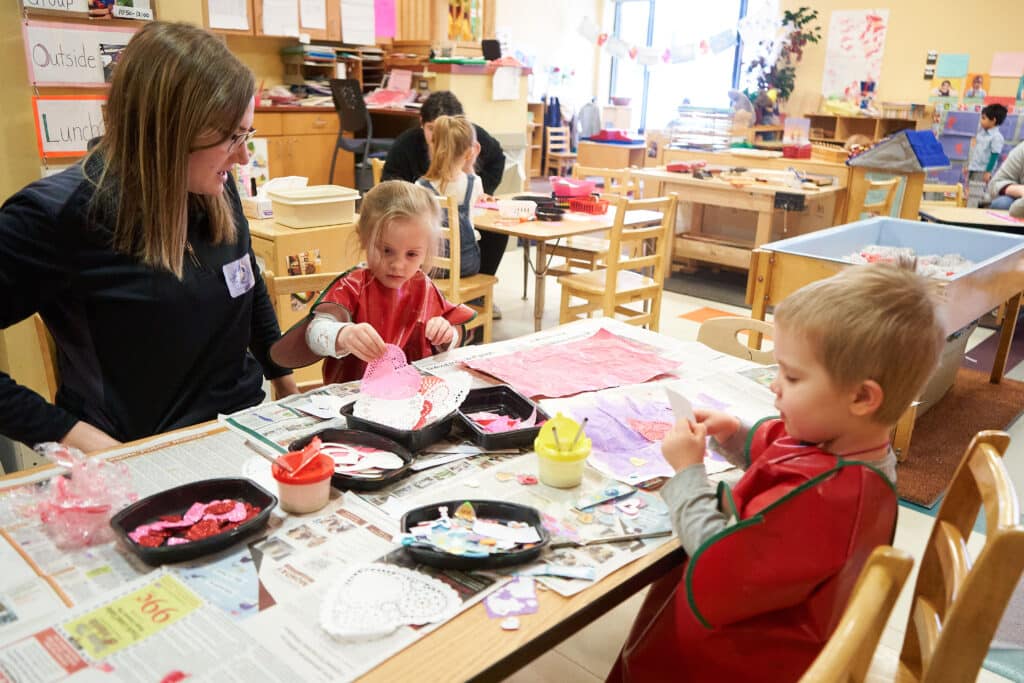
Children create Valentine’s Day crafts at the OCC Children’s Learning Center.
A whole-community effort
Belonging to a cohort of 20 institutions working toward the same goal has been beneficial to OCC, Dr. Gross said. “Learning about the work being done at other colleges has been helpful in identifying equitable strategies and tools to support adult/post-traditional learners in our region.”
She mentioned programs from Broward College (FL) and Roane State Community College (TN) as valuable examples of peer institutions’ “efforts to operationalize equity and adult learner success on their campuses.”
She also stressed the importance of inviting community voices into the room where decisions are being made. “To be successful, it is important to connect with and learn from the student parents in your community and on your campus. Their insight and perspective should inform any initiative or project that is being developed and implemented to support student parents in your region.”
Success in higher education has generational impacts: Student parents who complete college put their children in a stronger position to attend higher education and to access pathways. But systemic inequities and structural deficiencies mean that success is more difficult to attain for student parents — single mothers are less likely than their partnered or child-free counterpart to graduate from college.
But for many, children are a motivator to attain a higher credential, not a deterrent. As presenters from Northwestern University and ECMC stressed during a presentation at the ATD Adult Learner Success Summit in May, student parents are “motivated to improve their education on behalf of their children’s educational futures and families’ economic stability and mobility.”
Onondaga Community College, and many participating in the PACCE initiative, are working hard to help student parents achieve their educational goals — goals that affect not just learners, but their families and communities for generations to come.
To address equity gaps and persistent enrollment challenges in the community college sector, ATD and partners, with funding from Lumina Foundation, launched the Prioritizing Adult Community College Enrollment (PACCE) initiative with 20 community colleges in eight states. Learn more
